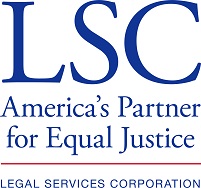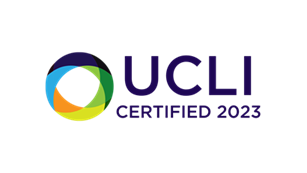Medicaid and Nursing Home Care
There may come a time when you need to go to a nursing home. Because nursing home care is so expensive, many people need help from Medicaid to get care.
What is Medicaid?
Medicaid is a federal and state program that pays health care costs for low-income people. You must meet certain asset and income limits to get Medicaid.
Will Medicaid cover nursing home care?
There are different rules that apply when a person is applying for Medicaid just for nursing home care. Medicaid will only pay for nursing home care if you are approved for nursing home level of care. The nursing home should complete a “Pre-admission” and “Continued Stay” review to make sure you are approved for this care.
I am in a nursing home. Can I be on Medicaid if my spouse is still living at home?
Maybe. If you are in a nursing home and your spouse is at home, Medicaid has special rules about how much income and assets your spouse can keep. These rules make sure your spouse does not have to use all of your assets before you can be eligible for Medicaid.
The asset limit changes each year. If you or your spouse need to go to a nursing home, you should call the Eligibility Services office and ask them about the resource limits. The worker will tell you how much of your spouse’s resources are protected.
Can I still own my home and be on Medicaid?
It depends. Owning a home can make getting Medicaid more difficult. Knowing the rules is important. Generally, if you live in your home, the home and all the property surrounding it are not counted for Medicaid eligibility.
If you go to a nursing home, your home remains exempt if:
- you intend to return to the home,
- you and another person own the home and its sale would cause a hardship to the other owner,
- a doctor says that you are likely to return home within 6 months of going to the nursing home,
- a spouse or a reliant relative lives in the home. Reliant relatives are relatives who depend on you for support, such as your children, parents, siblings, etc.
If the equity in your home is more than $560,000, you will not get Medicaid unless your spouse, minor child, or disabled child lives in the home. Equity is the amount your home is worth minus the amount you owe on your mortgage or loan.
Can I get rid of my assets and still get Medicaid?
Medicaid has a “look back” period of 5 years. If you or your spouse gets rid of an asset for less than a fair price within 5 years of applying for Medicaid, you might not get help. A fair price means the price at which you could have sold something to a willing buyer.
If you sell or transfer an asset for less than a fair price, Medicaid will set a penalty period. You will not be able to get Medicaid during the penalty period. The penalty period is based on the amount your asset was worth and how long it could have paid for your nursing home care. For example, if your home was worth $100,000 and the average nursing home care costs $4,000 per month, you would not be able to get Medicaid for 25 months. 100,000 divided by 4,000 equals 25.
Access to health care is very important. You cannot know what kind of health care you will need five years from now. Seek legal help before transferring any asset, including your home, for less than fair market value.
Medicaid is a complex program. Some of the rules change every month. You need to work directly with the Medicaid office to get full information.
How do I apply for Medicaid?
You can apply for Medicaid online at the Department of Workforce Service’s website. Visit their website at: www.jobs.utah.gov. Under the Temporary Assistance tab, you will find the medical assistance applications. You can also ask for a Medicaid application by mail through your local Medicaid office. Many hospitals and nursing homes also have application forms.
If you have questions, call the Department of Workforce Services at: (801) 526-0950, or toll-free at 1-866-435-7414.
Where can I go to find other resources for medical help?
The Department of Workforce Service’s website has resources on getting medical assistance. Find more resources on there website at www.jobs.utah.gov/customereducation/services/medicaid/basics.html.


